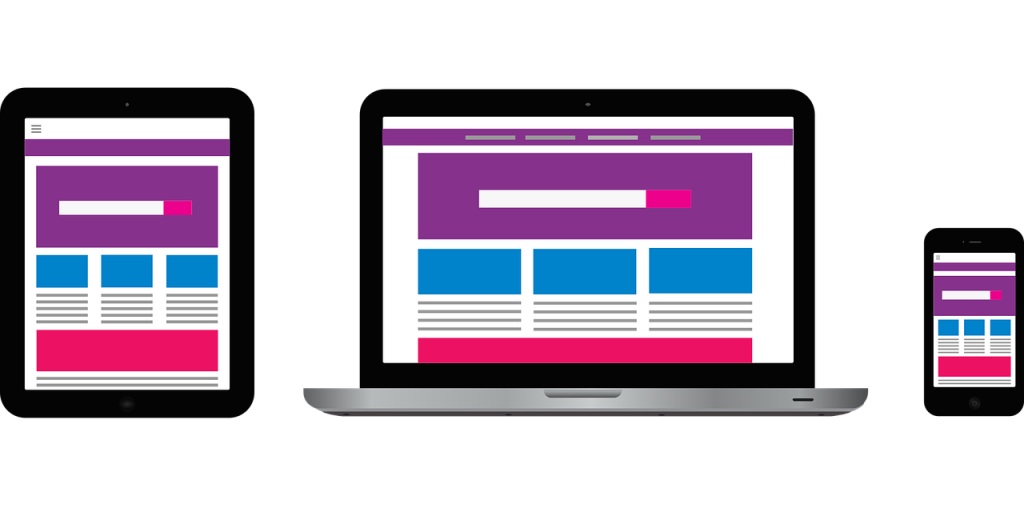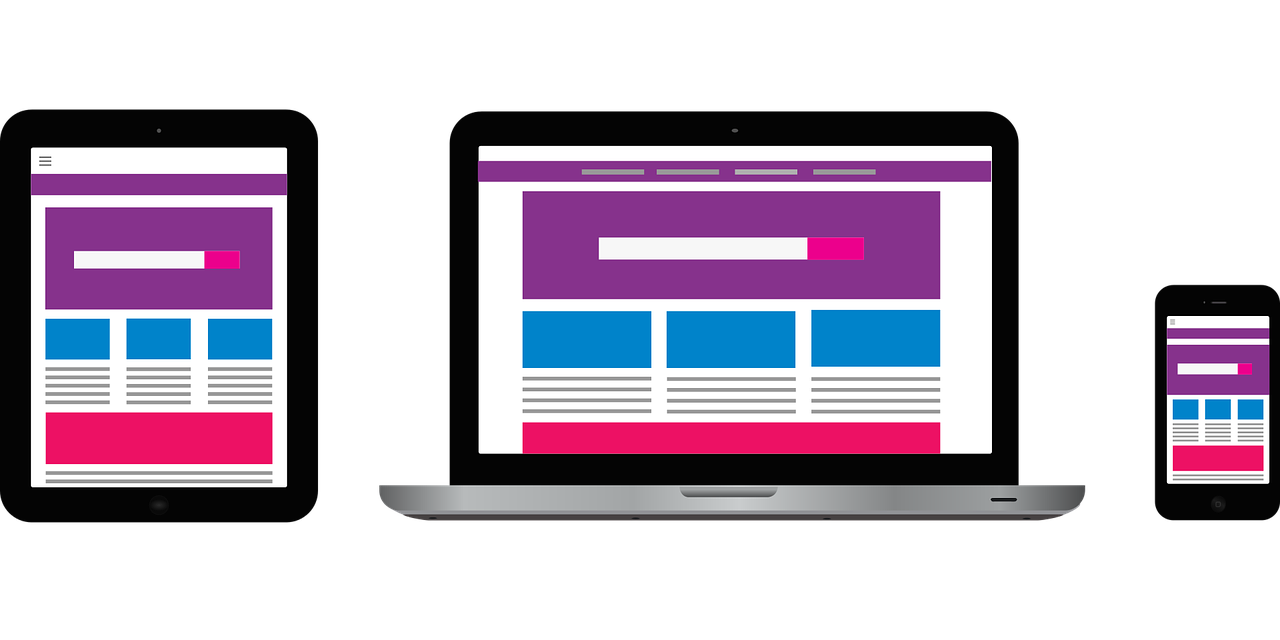
As a self-published author, you can make a living selling ebooks. However, it’s a lot more likely if you sell more ebooks on your own website. When you sell from your own website, you’re not sharing the profits with a third party fulfillment service. And because it’s your ebook, you can sell your ebooks on your own website and still list them with other fulfillment services to reach more readers. But let’s focus on what it takes to sell more ebooks on your own website.
Why Self-Publish?
While there are many reasons to self-publish your ebook, one of the most common reasons cited is time to market. When you work with an agent and a traditional publisher, you are at the mercy of their publishing schedule and timeline. It could take two years to get your book out – making that standard $10,000 advance not as lucrative as it might seem. Read more on why most indie authors benefit from self-publishing.
Digital Publish Is on the Rise
According to Statista, digital publishing will control nearly 16% of the market by 2024. Not only are ebooks easy to create and sell, but they are wildly popular, and demand continues to increase. You don’t even need to have a lot of technical prowess to be able to create and publish an ebook. The challenge, then is in marketing and selling your ebook.
Selling More eBooks on Your Website Starts with Building a Website
Even as you are writing your ebook and working on your cover design, you can be building your website and generating an email list. Your website can be simple; if you build it using WordPress, you can quickly use plugins to connect the ecommerce solution of your choice so that it’s ready when your ebook is. At the same time, if you aren’t already, you can establish social media profiles and begin to build your following.
Elements of a Good Author Website
Designing a website to sell books doesn't mean it has to be an aggressive sales page. In fact, some of the best ways to sell your ebook are through more subtle mentions. The elements of a good author website include:
- A landing page or home page
- An author bio or about page
- A book page - this may be for a single book, a series, or for the author's complete library of titles
- A blog
- A news/press page
Other elements you may want to include, depending on your goals, is a speaker or booking page, if you're trying to land speaking gigs or get booked for events (virtual events, too). If you do participate in events, such as author Q&As, media interviews, and more, you may also want an event page that updates your readers and fans about when and where to find you.
Challenges of Selling on Your Own Website
The biggest challenge of selling more ebooks on your own website is getting traffic to the website. A combination of content (blog), social media (Twitter has an active writing community), and networking with other authors can solve that problem. The benefits of an ecommerce site far outweigh the challenges for many independent authors.
Benefits of Selling eBook on Your Own Website
If you desire creative control over the content of your book, your cover design, and more, selling through your own website can be a game changer. However, the biggest advantage is that when you sell an ebook, you keep all the profits. Additionally, when you sell through third parties, it can take 60-90 days to get your payment for ebook sales; with your own website, you can receive the payment directly.
Control Security on Your eBook
Another advantage of selling ebooks on your own website is the ability to control digital rights management (DRM). Not every ebook needs the same level of DRM. Some are more likely to sell with a lighter touch on the security, while others must have strict DRM to control the content from being shared.
How to Boost eBook Sales on Your Website
There are several steps you can take to make sure you make the most money possible from your ebooks. We suggest starting by going through the entire sales process yourself to make sure the reader experience is exactly what you want it to be. Once you know everything is working, take these steps:
Make it easy for people to click the buy button.
Have easy navigation on the website and make sure every image of your ebook is hyperlinked to the purchase page.
Price your ebook properly.
Indie authors must invest in editing, cover design, website hosting, and other costs. To break even and make a profit, your ebooks need to be priced properly. One way to make sure you’re charging the right amount is to look at the average market price for books I your category. If it’s your first ebook, you may want to undercut the average market price by 20% to attract readers. Using your first ebook as a loss leader and marketing tool to get your name out there as an author is an effective strategy.
Get social.
Marketing your ebook and driving traffic to your website will help you sell more ebooks on your own website. We recommend Instagram, Facebook, and Twitter. Quickly rising among popular platforms for indie authors is TikTok.
Send a monthly newsletter.
Even if your list is only 30 people in the beginning, get in the habit of sending a monthly newsletter. Readers love to hear from authors and connect with them, and a newsletter allows you to do that very effectively. We recommend MailChimp, as there is a free option to start with until your list is more well-established.
Sell More eBooks with EditionGuard Storefront
One you have made the decision to self-publish, consider EditionGuard Storefront for easy sales and fulfillment. You can securely sell and fulfill eBook orders with Storefront, a turnkey ecommerce solution with no percentage fees.
With our ecommerce solution, you'll get:
- Instant ebook product pages
- 10-minute instant setup
- Secure DRM product pages
- The ability to sell with no percentage fees
- Total control over your pricing and sales
- 2-day direct payouts - no more waiting 60-90 days to get your money
Read more about how fulfillment services work with EditionGuard Storefront or start your free trial today.



